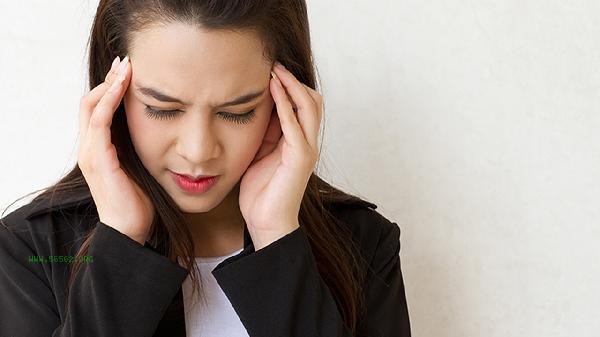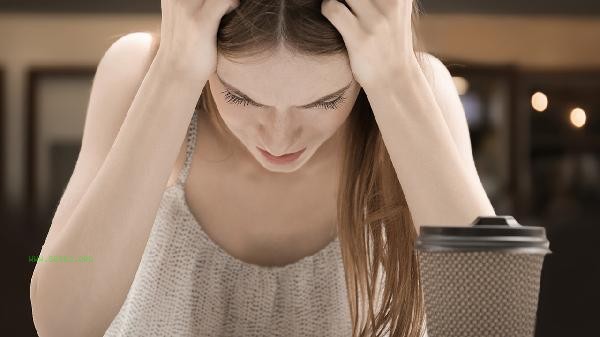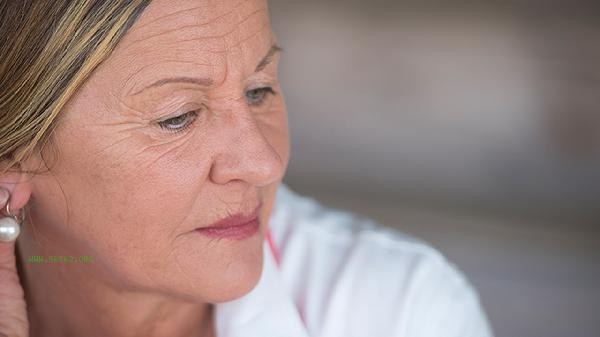Menopausal insomnia can be improved through lifestyle adjustments, psychological interventions, medication treatment, traditional Chinese medicine conditioning, physical therapy, and other methods. Menopausal insomnia is usually associated with hormonal fluctuations, emotional anxiety, environmental factors, chronic diseases, medication side effects, and other factors.

1. Adjust lifestyle habits
Maintain a regular sleep schedule, set a fixed bedtime and wake-up time, and avoid taking a long nap. Reduce caffeine and alcohol intake before bedtime, and avoid overeating during dinner. The bedroom environment should be kept quiet, dark, and at a suitable temperature. You can try listening to light music or taking a warm bath to help relax. Moderate exercise during the day, such as walking or yoga, but avoid vigorous activities before bedtime.
2. Psychological intervention
Cognitive behavioral therapy can effectively improve sleep related cognitive errors by reconstructing the circadian rhythm through sleep restriction and stimulus control. Mindfulness meditation or breathing training can alleviate anxiety, and professional psychological counseling can be sought if necessary. Keeping a sleep diary can help identify influencing factors, and family support is particularly important for relieving psychological stress.
3. Medication therapy
Short term use of sedatives and hypnotics such as zopiclone and zolpidem is recommended, but strict adherence to medical advice is necessary to avoid dependence. Estrogen replacement therapy requires evaluation of indications and contraindications. Traditional Chinese patent medicines and simple preparations such as Wuling capsule and Tianmeng oral liquid can assist in regulating the autonomic nervous function. When accompanied by depression and anxiety, antidepressants such as paroxetine and metronidazole can be considered.

4. Traditional Chinese Medicine Treatment
For liver and kidney yin deficiency type, Tianwang Buxin Dan can be used, and for heart and spleen deficiency type, Guipi Tang can be used. Acupuncture and moxibustion selects Shenmen, Sanyinjiao and other acupoints, and auricular points pressing beans often select heart, kidney and Shenmen points. Moxibustion at acupoints such as Guanyuan and Zusanli can warm and replenish yang qi. Tuina massage on the meridians of the head and back can also promote the circulation of qi and blood.
5. Physical therapy
Repetitive transcranial magnetic stimulation can regulate cortical excitability, and biofeedback training helps regulate autonomic nervous system. Phototherapy improves circadian rhythm by regulating melatonin secretion, while hydrotherapy utilizes the warming effect to alleviate muscle tension. Low frequency pulse electrical stimulation and aromatherapy also have auxiliary sedative effects. Menopausal insomnia patients should establish a healthy lifestyle, ensure sufficient sunshine time every day, consume more foods rich in tryptophan such as millet and bananas, and avoid spicy stimulation. Practice soothing exercises such as Ba Duan Jin and Tai Chi, cultivate hobbies such as calligraphy and gardening, and shift attention. Regularly monitor blood pressure and bone density, and undergo gynecological examinations annually. When the symptoms continue to worsen or accompanied by obvious hot flashes and night sweats, it is necessary to seek timely evaluation from a gynecology or sleep specialist.





Comments (0)
Leave a Comment
No comments yet
Be the first to share your thoughts!